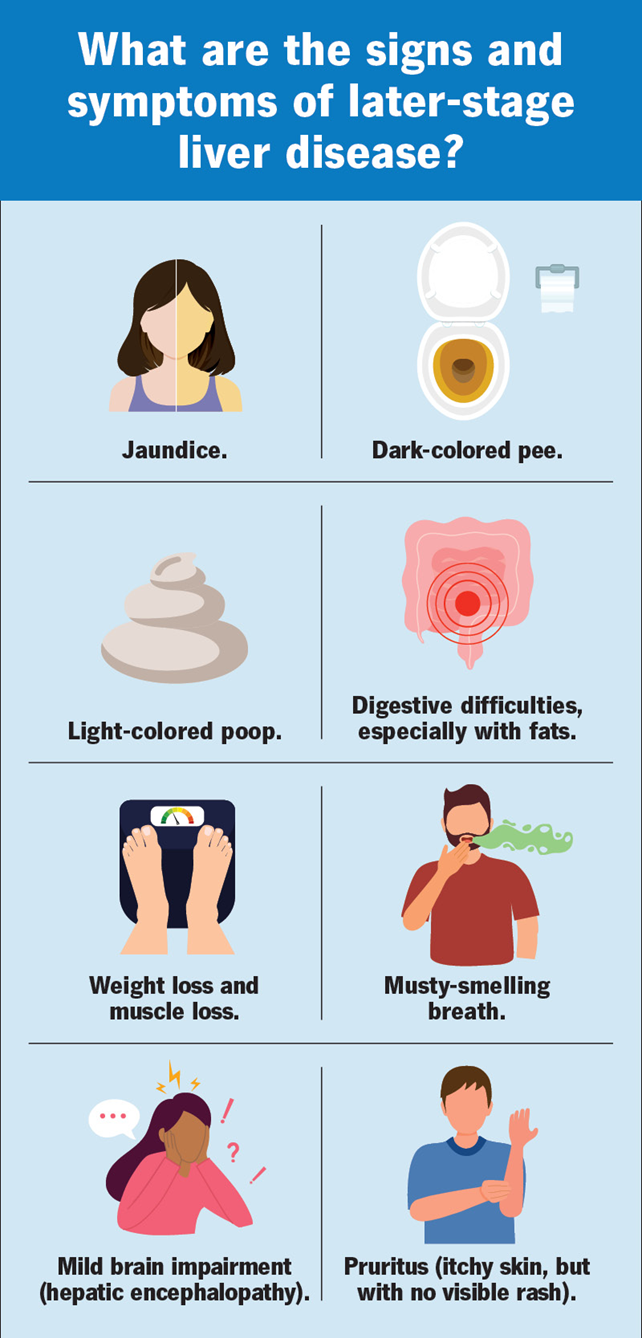A nurse is caring for a client diagnosed with end-stage liver cancer. Which response is an indication the client is in the denial phase of the grief process?
“The doctor says I only have a few months to live, but I know he is exaggerating to get me to take my medication.”
“I can’t believe the doctor graduated from medical school. He doesn’t know a thing about treating cancer!”
“Even though I am not hurting right now, I don’t feel like I have the energy to get out of bed.”
“The doctor has been so good to me. I know he has tried everything he can. It is just my time.”
The Correct Answer is A
Choice A reason: This statement reflects denial, which is a common initial reaction in the grief process. The client is not accepting the reality of their prognosis and believes the doctor is exaggerating. Denial serves as a defense mechanism to protect the individual from the emotional impact of the diagnosis. It is a way for the client to cope with the overwhelming news by rejecting its truth.

Choice B reason: This statement reflects anger, another stage in the grief process. The client is expressing disbelief and frustration towards the doctor’s competence. Anger often follows denial and is directed towards others as a way to cope with the emotional pain. It is not indicative of denial but rather a progression in the grieving process.
Choice C reason: This statement reflects acceptance of the physical symptoms and the reality of the client’s condition. The client acknowledges their lack of energy and the impact of the illness on their daily life. This is not a sign of denial but rather an acceptance of their current state.
Choice D reason: This statement reflects acceptance and gratitude towards the doctor. The client recognizes the efforts made by the healthcare team and accepts that their time is limited. This is a sign of acceptance, the final stage in the grief process, where the individual comes to terms with their situation.
Nursing Test Bank
Naxlex Comprehensive Predictor Exams
Related Questions
Correct Answer is A
Explanation
Choice A reason: Guided meditation and other nonpharmacological pain interventions can help reduce the perception of pain, which may allow for lower doses of pain management medications. This is beneficial as it can reduce the risk of side effects and dependency associated with higher doses of pain medications1. Studies have shown that integrating nonpharmacological methods like guided meditation can enhance overall pain management and improve the quality of life for patients2.
Choice B reason: Guided meditation is a complementary therapy and is not intended to replace pain medications entirely. While it can significantly aid in pain management, it is typically used alongside pharmacological treatments to provide a holistic approach to pain relief3. Relying solely on guided meditation without appropriate medical supervision and medication can lead to inadequate pain control.
Choice C reason: Guided meditation is not limited to hospital settings or licensed therapists. Many guided meditation resources are available online, through apps, or in community centers, making it accessible to a broader audience4. Patients can practice guided meditation at home, which provides flexibility and convenience in managing chronic pain.
Choice D reason: Pain medications are often prescribed on a regular schedule to maintain consistent pain control, especially in chronic pain conditions. While nonpharmacological interventions can reduce the need for frequent dosing, they do not eliminate the necessity for scheduled pain medications5. It is essential to follow a healthcare provider’s recommendations for medication administration to ensure effective pain management.
Correct Answer is A
Explanation
Choice A Reason:
Age dose of pain medication refers to adjusting the dosage of pain medication based on the client’s age. Elderly clients often have different pharmacokinetics and pharmacodynamics compared to younger individuals, which means they may require lower doses of medication to achieve the same effect. This adjustment helps to prevent overmedication and potential side effects, ensuring safe and effective pain management for elderly clients.
Choice B Reason:
Correct method of administering your own pain medication is important for clients who are capable of self-administering their medication. However, this choice does not directly address the issue of balance deficit and the need for an assistive device. While proper medication administration is crucial, it is not the primary concern in this scenario.
Choice C Reason:
Operator can push the PCA button for you if you are asleep is not an appropriate practice. Patient-controlled analgesia (PCA) is designed to allow clients to self-administer pain medication as needed. Allowing someone else to push the button can lead to overmedication and potential complications. This choice does not address the need for an assistive device for balance deficit.
Choice D Reason:
The pain medication is delivered at your nose is not a standard method of pain medication administration. This choice is incorrect and does not relate to the client’s need for an assistive device for balance deficit. Pain medication is typically administered orally, intravenously, or through other appropriate routes, but not through the nose.
Whether you are a student looking to ace your exams or a practicing nurse seeking to enhance your expertise , our nursing education contents will empower you with the confidence and competence to make a difference in the lives of patients and become a respected leader in the healthcare field.
Visit Naxlex, invest in your future and unlock endless possibilities with our unparalleled nursing education contents today
Report Wrong Answer on the Current Question
Do you disagree with the answer? If yes, what is your expected answer? Explain.
Kindly be descriptive with the issue you are facing.
